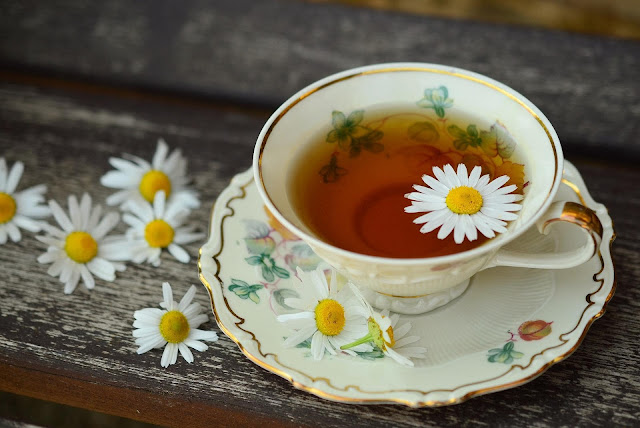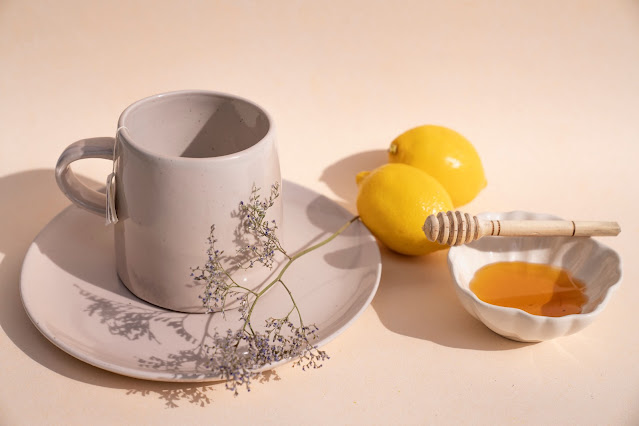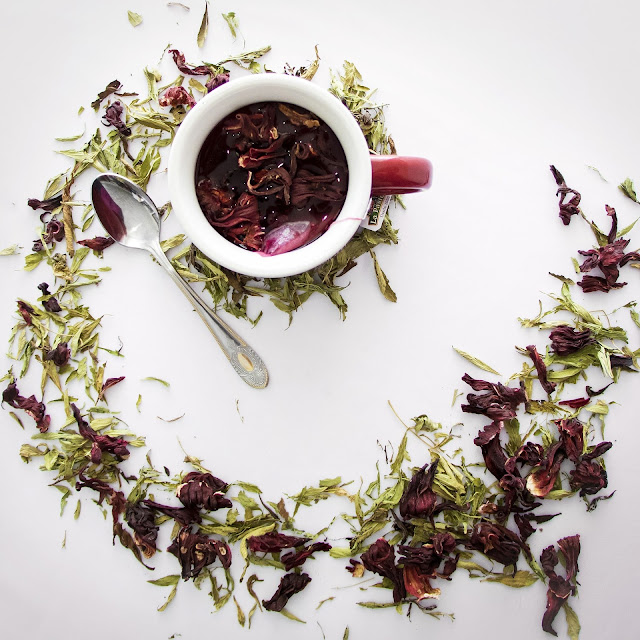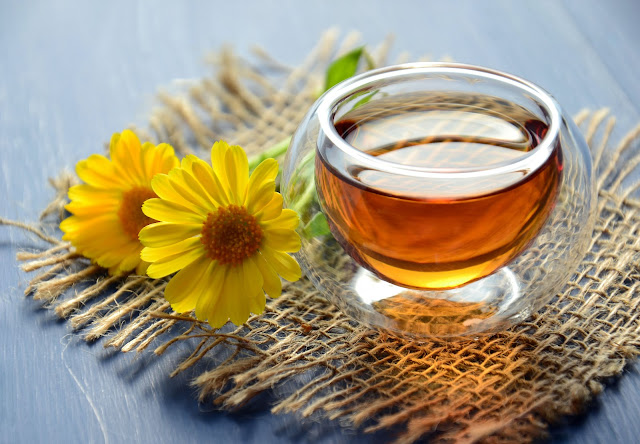When you have a cough or cold, a hot cup of tea is a well-known antiviral throat soother, which is why it is your grandmother's go-to home cure. Warm tea can help to relieve a sore throat, ease nasal congestion, and reduce inflammation. The most important thing to remember when you're unwell is to stay hydrated.
When flu season arrives, be prepared with a variety of teas to help you stay well. But not all teas are created equal. Some teas include characteristics that help to enhance the immune system and eliminate hazardous microorganisms.
Herbal and traditional teas can both help you recover from the illness and get back on your feet. If you add a few drops of honey to your tea, it may help to suppress your cough naturally.
Here's a list of the Best Teas for Treating a Cold or Cough :
Honey Tea
Honey tea is simply warm water mixed with raw honey. It's a natural technique to relieve cough and cold symptoms. It also helps with sore throat relief by lowering interior irritation. Raw honey has been shown in studies to be a natural cough suppressor and mucus reducer.
Honey can also assist to shorten the duration and severity of a cough. A few drops of honey added to your favorite herbal tea will help clear phlegm, relieve pain, and suppress a cough.
Lemon-based Tea
Vitamin C and antioxidants are abundant in lemon-based teas such as lemon balm or lemongrass. Vitamin C improves your immune system and helps you avoid flu symptoms, according to research. Make many cups of lemon-based teas and consume them throughout the day for the best flavor and results.
Green Tea
Green tea, which is prepared from the leaves of the Camellia sinensis plant and has a somewhat sweet and earthy flavor, is the healthiest variety of tea. It contains antioxidants and tea polyphenols, which help to improve your general health.
These antioxidants aid in the reduction of inflammation, the elimination of dangerous germs, and the enhancement of immunity. Fill a tea strainer halfway with loose leaf green tea and brew for 5 minutes. To increase the calming qualities, remove the tea leaves and add a dash of raw honey.
Ginger Tea
Everyone's favorite tea, especially in the winter, is ginger tea. It also offers numerous health benefits, such as reducing flu symptoms. Anti-inflammatory and antioxidant effects are found in ginger. It may aid to relieve coughing's inflamed throat and airways. Ginger includes compounds that aid to relieve cough and calm the throat's airway muscles.
Peppermint Tea
You can feel better by drinking a few drops of peppermint tea. Menthol, found in peppermint leaves, has antibacterial, antioxidant, and anti-inflammatory effects. Peppermint tea relieves sore throats and suppresses coughs.
They also help to unclog congested sinuses and make breathing easier. Fresh peppermint leaves can be used to prepare a tea by steeping them in hot water for around 5 minutes before straining and drinking.
Chamomile Tea
Specific flavonoids found in dried chamomile flowers offer calming qualities. Because of its sedative properties, it is best ingested at night. When you have a cough, cold, or sore throat, chamomile tea can help reduce throat pain by lowering inflammation. It also aids in the attainment of adequate sleep and the reduction of depression.
Echinacea Tea
Echinacea is a well-known treatment for respiratory infections. If eaten as a supplement, this purple flower reduces the incidence of cough and cold by 58 percent.
It has anti-inflammatory characteristics that aid in the strengthening of your immune system and the reduction of time spent sick with a cold or flu. Tea can be a delightful way to acquire all of those protective properties.
Licorice Root Tea
Licorice root tea is made from the Licorice plant's root. With sweet undertones, the flavor is slightly harsh and salty. It has long been used for a variety of ailments due to its antiviral and antibacterial qualities, which aid in the treatment of colds and coughs. It stops hazardous germs and viruses from multiplying.
Licorice root should be avoided by pregnant women. Keep in mind that taking big amounts of licorice root may result in high blood pressure or potassium deficiency.
Elderberry Tea
Because of the presence of polyphenol in the elderberry plant's dark berries, they are high in antioxidants. Elderberry syrups and extracts have been demonstrated to reduce the amount of time spent unwell with a cold or flu.
Hibiscus Tea
Hibiscus tea is a well-known herbal beverage that is high in antioxidants and vitamin C. This tea can help you improve your immune system and recover from flu symptoms quickly.
Though there are a variety of herbal teas available on the market, handpick them carefully. Honey tea, peppermint tea, and licorice root tea are all popular choices. Drinking the correct tea can help you recover quickly, but if it lasts more than three weeks, see a doctor.




